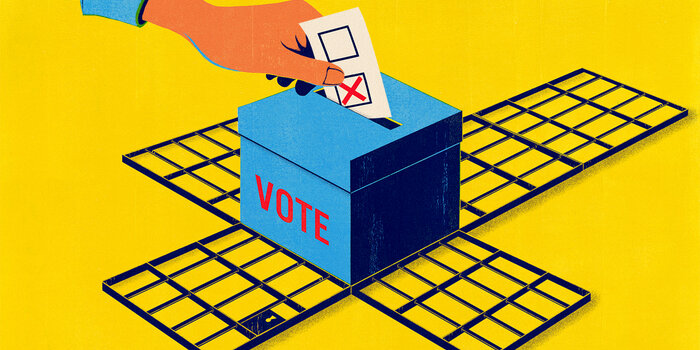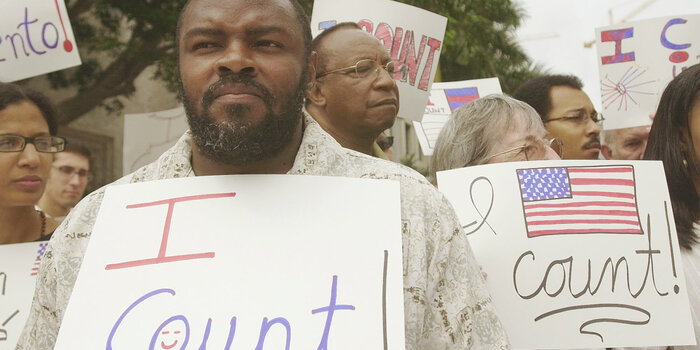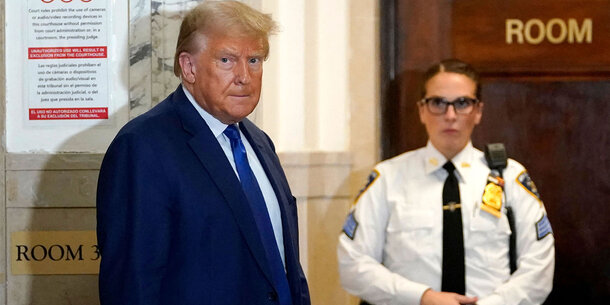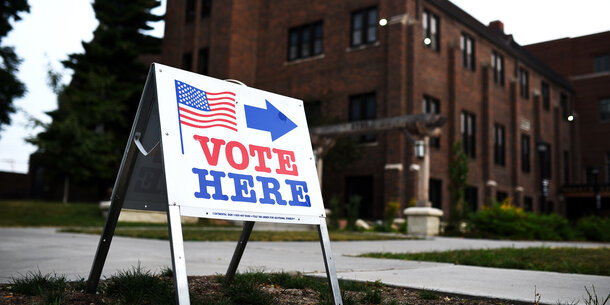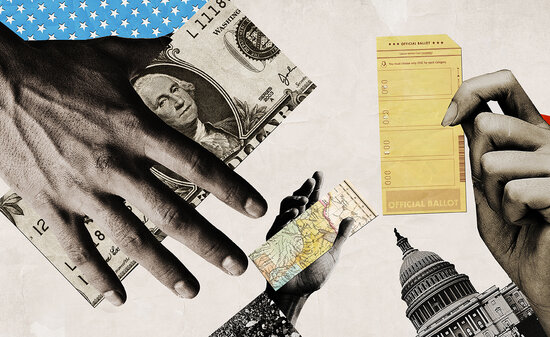State felony disenfranchisement laws keep millions of Americans from voting. These laws aren’t just antidemocratic — they send the message that the voices of individuals returning to their communities don’t count. And these voting bans disproportionately affect Black Americans.
But we can change this. Since 2018, a growing number of states have changed their laws — either through constitutional amendment, legislation, or executive action — to allow more Americans with past convictions to vote. Other states are considering similar reforms, and we’re urging Congress to pass legislation that would re-enfranchise in federal elections the millions of Americans who are no longer incarcerated but still can’t vote.
This progress has not been without setbacks, emphasizing the need for Congress to step in and impose a national standard. In 2018, Florida voters passed a ballot measure that was expected to re-enfranchise about 1.4 million Floridians — an outcome the Brennan Center has worked on for nearly two decades. But months later, the state enacted a law that severely curtailed the measure’s impact by requiring those whose rights had just been restored to pay off certain court debts before they can vote. And in 2023, Virginia’s governor reversed an executive action that had provided a pathway for citizens to regain their voting rights, making Virginia the only state that permanently bars all citizens with past convictions from voting.
Despite this backsliding, restoring voting rights continues to be an issue that unites voters from all walks of life, and this bipartisan support indicates that more progress is ahead.

